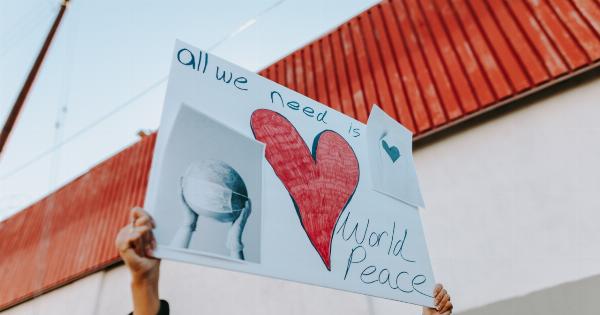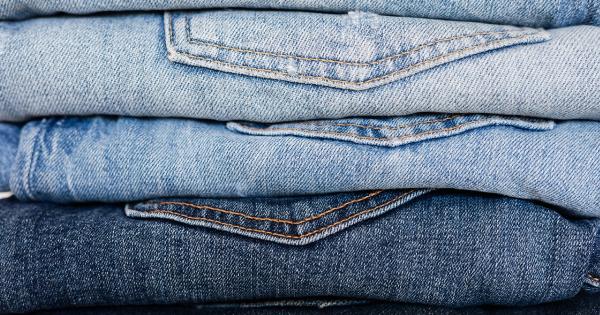The world has undergone a massive shift in the wake of the COVID-19 pandemic. Social distancing, masks, and an overall heightened sense of fear and uncertainty have become the new normal.
But one aspect of our lives that has been particularly affected by the pandemic is our relationship with material possessions. In this article, we’ll explore how the pandemic has sparked a change in our materialistic habits and what it means for our future.
The Rise of Minimalism
With social distancing forcing us to spend more time at home, many people have found themselves surrounded by clutter. Our homes have become our offices, schools, and entertainment centers, leading to a growing desire for simplicity and minimalism.
As a result, the pandemic has led to a rise in popularity for minimalism – the idea of decluttering and simplifying one’s possessions.
This trend is reflected in the increasing popularity of minimalist YouTube channels, blogs, and social media accounts.
People are sharing their experiences of decluttering and simplifying their lives, and it’s clear that the pandemic has played a significant role in this shift.
The End of Fast Fashion?
The fashion industry has long been criticized for its environmental impact and ethical practices. But the pandemic has shone a spotlight on these issues like never before.
With lockdowns and social distancing measures reducing the demand for fast fashion, many people have become more aware of the industry’s negative impacts.
As a result, there has been a growing movement towards sustainable and ethical fashion. People are increasingly seeking out companies that prioritize sustainability and ethical practices, and demand for secondhand clothing has skyrocketed.
The Impact on Consumerism
The pandemic has also had a significant impact on consumerism. With many people losing their jobs or facing financial uncertainty, purchasing habits have shifted. People are buying fewer things and focusing more on necessities.
But even those who have not been affected financially have become more conscious of their spending. The uncertainty of the pandemic has led to an overall sense of caution, with people less likely to splurge on nonessential items.
Medical Materialism
The pandemic has also led to a rise in demand for medical materials. Items like masks, gloves, and hand sanitizer have become essential and are in high demand.
Companies that manufacture these items have seen significant growth, and there has been a flurry of innovation in the field of medical materials.
But this has also led to concerns around the environmental impact of disposable medical materials. The sheer amount of waste generated by these materials is alarming, and many people are calling for more sustainable solutions.
The Future of Materialism
So, what does the future look like for materialism in the wake of the pandemic? It’s clear that the pandemic has sparked a significant shift in our relationship with material possessions.
Whether it’s a growing interest in minimalism, a shift towards sustainable fashion, or a greater consciousness around consumerism, the pandemic has changed the way we think about our stuff.
But it remains to be seen how lasting these changes will be. Will we return to our pre-pandemic habits once the world returns to some sense of normalcy? Or will this shift towards a more mindful relationship with material possessions continue?.
Conclusion
The COVID-19 pandemic has changed many aspects of our lives, and our relationship with material possessions is no exception.
From a growing interest in minimalism to a shift towards sustainable and ethical fashion, the pandemic has sparked a change in our materialistic habits.
As we look towards the future, it’s clear that the impact of the pandemic will continue to be felt for years to come.
And while it remains to be seen what lasting changes will emerge, one thing is certain – the pandemic has given us an opportunity to rethink our relationship with material possessions and consider the impact they have on our lives and the world around us.






























